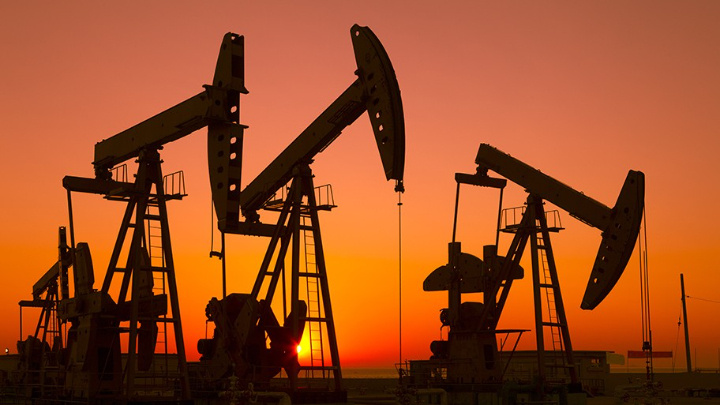The Middle East will not be able to save Europe without buying Russian oil

Do any of the Middle Eastern countries have the technical capacity to meet the Russian deficit? The more important question is - are they interested in it at all?
Europe is trying in various ways to thwart Russia's war victory in Ukraine. In addition to the multilateral sanctions on Russia, the European Union (EU) countries are also trying to reduce oil and gas imports from Russia.
If Europe stops buying Russian energy, the Middle East is currently being considered as capable of filling the continent's energy deficit.
However, the question is, do any of the countries in the Middle East have the technical capacity to fill this gap? The more important question is - are they interested in it at all? Let us know what the oil experts are saying in this regard.
The United States has imposed a number of sanctions to punish Russia. However, the EU has not yet stopped importing oil and gas from Russia. As much as Russian oil and gas is a major source of income for Moscow, it is also closely linked to the EU economy. Therefore, considering its own economy, the EU has not yet decided to stop importing Russian oil and gas.
According to the International Energy Agency, if the EU imposes sanctions on Russian oil, supplies of 2.2 million barrels of crude oil and 1.2 million barrels of petroleum fuel will fall short of Europe's daily demand.
Although the Middle East owns about half of the world's proven proven oil reserves, it may fail to act as a European rescuer for a number of reasons. These factors include lack of investment in infrastructure, conflict, political alliances, sanctions, etc.
Let's see what the oil producing countries of the Middle East can and cannot do to fill the potential deficit in Europe.
Saudi Arabia and the United Arab Emirates
These two Middle Eastern countries have the largest spare capacity of oil in the Organization of the Petroleum Exporting Countries (OPEC). This amounts to about 2.5 million barrels per day.
However, according to various reports, Saudi Arabia, OPEC's largest oil producer, has turned down a request from the United States to increase its production of fuel oil. So there is no guarantee that it will respond to Europe's request to increase production.
Analysts say that if Arab countries rush to reduce their supply from Asian oil buyers, there will be some effects.
This will only be possible if there is flexibility in these long-term deals or an agreement can be reached with Asian buyers, "said Robin Mills, founder and CEO of Kamar Energy in Dubai.
If oil from the Middle East is shipped to Europe from Asia, it could jeopardize the growing strategic partnership between the Middle East and Asia. It could also affect relations between Saudi Arabia and the United Arab Emirates, with China, a major buyer in Asia.
Iraq
Youssef Alshamari, CEO and head of oil research at Seamarkits, a London-based energy research consultancy, said Iraq could produce an additional 680,000 barrels of oil per day on paper.
Iraq currently produces 4.34 million barrels of oil a day. The country's maximum lifting capacity is 5 million barrels per day.
Al-Shamari, however, said Iraq could not rely too heavily on additional oil supplies due to sectarian divisions and political stalemate.
Iraq does not have adequate infrastructure to increase extraction. Analysts say it could take years for any investment in the oil sector to pay off.
Libya
Libya's oil fields regularly suffer from political instability. In late April, the country's National Oil Corporation (NOC) said it was failing to produce 550,000 barrels of oil a day because politically disaffected parties were blocking the country's main oil fields and export terminals. Even an oil refinery was damaged by the armed conflict.
Youssef Alshamari said, "It is impossible to rely on Libya for extra oil extraction."
Iran
After the combined capabilities of Saudi Arabia and the United Arab Emirates, Iran could play the largest role in supplying oil to the world market. But the country is currently under US sanctions.
If the United States lifts sanctions on Iran, the country could produce up to 1.2 million barrels a day, analysts say. It is possible for Iran to supply one percent of global oil demand for three consecutive months.
However, Amena Bakr, OPEC chief of energy intelligence, said there was no possibility of an agreement with Iran just to increase oil supplies to the market.
Countries outside the Middle East
Outside the Middle East, Nigeria and Venezuela are among the countries that are capable of extra oil (spare capacity). However, there are some complications in the case of these countries.
Al-Shamari said that spare capacity means that a country has to extract a certain amount of oil within 30 days and pull this rate.


















